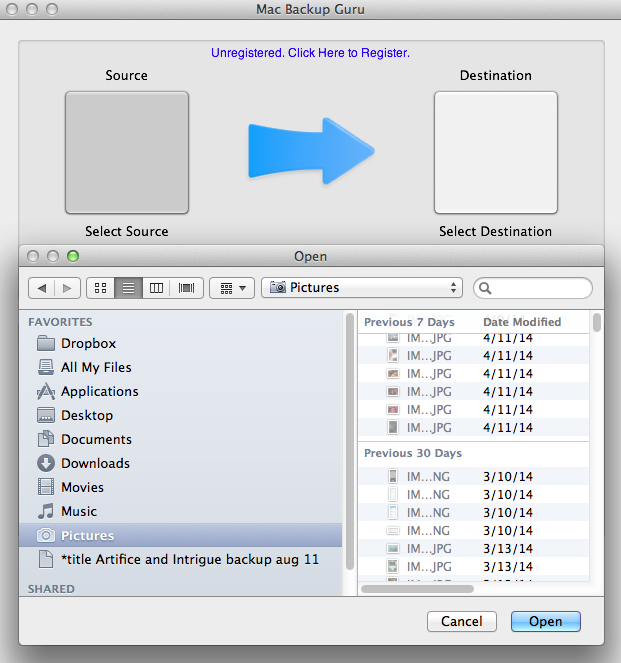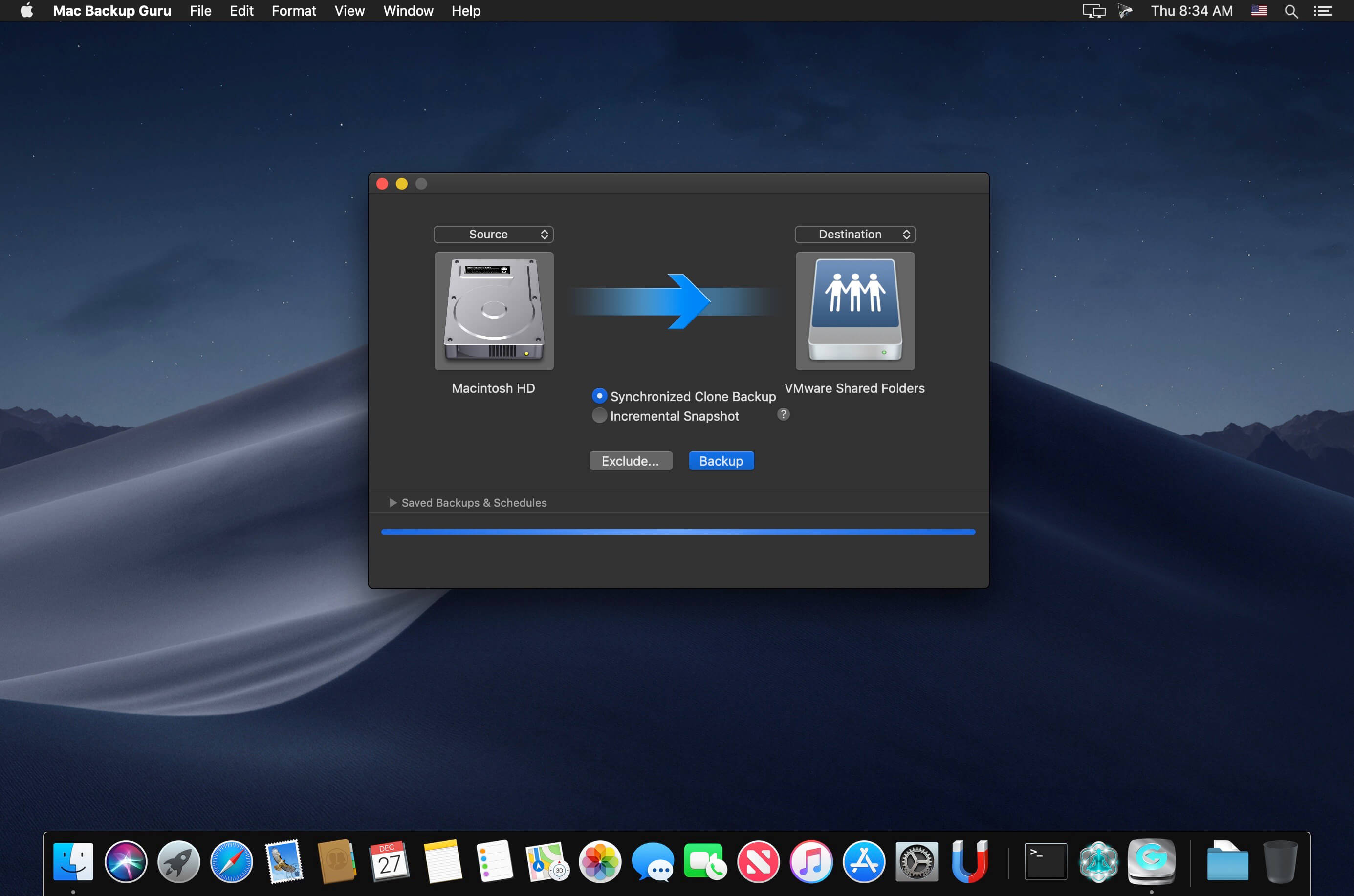


While Clonezilla SE is for massive deployment, it can clone many (40 plus!) computers simultaneously. Clonezilla live is suitable for single machine backup and restore. Two types of Clonezilla are available, Clonezilla live and Clonezilla SE (server edition). It helps you to do system deployment, bare metal backup and recovery. Clonezilla is a partition and disk imaging/cloning program similar to True Image® or Norton Ghost®. Use OSFClone to save forensic meta-data (such as case number, evidence number, examiner name, description and checksum) for cloned or created images. After image creation, you can choose from a range of compression options to reduce the size of the newly created image, increasing portability and saving disk space. Verify that a disk clone is identical to the source drive, by using OSFClone to compare the MD5 or SHA1 hash between the clone and the source drive. OSFClone can create disk images in the dc3dd format. The dc3dd format is ideal for computer forensics due to its increased level of reporting for progress and errors, and ability to hash files on-the-fly. Boot into OSFClone and create disk clones of FAT, NTFS and USB-connected drives! OSFClone can be booted from CD/DVD drives, or from USB flash drives. OSFClone creates a forensic image of a disk, preserving any unused sectors, slack space, file fragmentation and undeleted file records from the original hard disk. After creating or cloning a disk image, you can mount the image with PassMark OSFMount before conducting analysis with PassMark OSForensics ™. An open standard enables investigators to quickly and efficiently use their preferred tools for drive analysis. AFF is an open and extensible format to store disk images and associated metadata. In addition to raw disk images, OSFClone also supports imaging drives to the open Advance Forensics Format (AFF). OSFClone is a free, self-booting solution which enables you to create or clone exact raw disk images quickly and independent of the installed operating system.


 0 kommentar(er)
0 kommentar(er)
